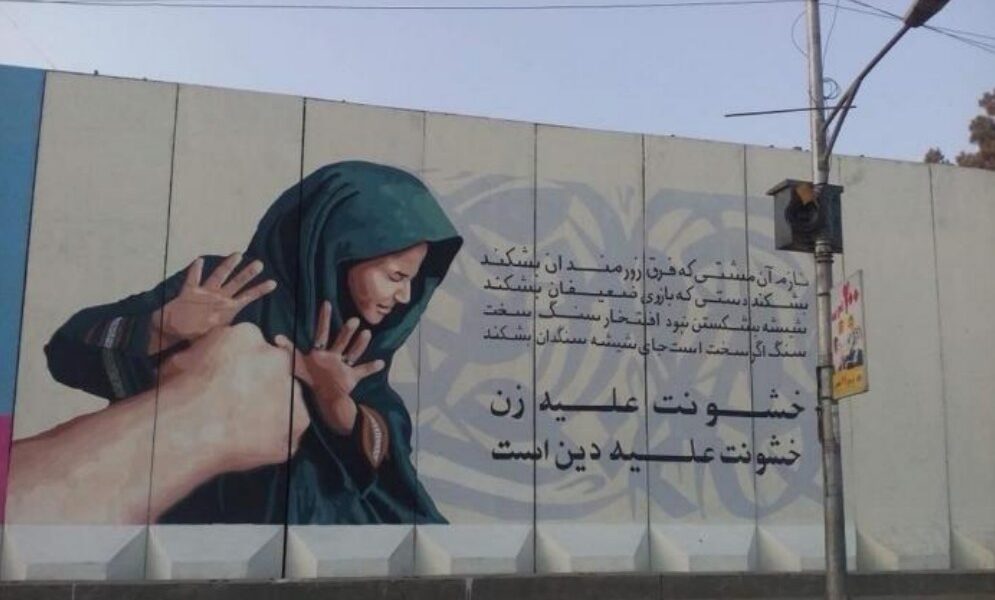The international community is in ‘wait and watch’ mode on the recognition of the Taliban government in Afghanistan. This is because the Taliban had given several assurances regarding the protection of rights of women and ethnic minorities prior to and after taking Afghanistan by force in August 2021.
That the G20 nations decided agreed to give humanitarian aid directly to the Afghan people instead of routing through the Afghan government under the Taliban indicates the sense of purpose amongst the developed nations to independently assist the Afghan people and promote fundamental human rights for all Afghans.
This decision comes after the Extraordinary G20 Summit on Afghanistan in the virtual format (11 October 2021) hosted by the current President Italy.
The White House statement after the Summit stated that leaders had reaffirmed their commitment to provide humanitarian assistance to the Afghan people through independent international organizations and promote human rights for all Afghans including women, girls and members of minority groups.
Since the Taliban's takeover of Afghanistan, only a handful of countries including China and Pakistan have shown an inclination to engage with the Taliban, while the rest of the world has taken a wait and watch approach. It is at this time that women activists gathered in Kabul (10 October 2021) to call for their political and social inclusion, saying that they would continue to protest till such time that their role in the new government is clarified.
Taranom Sayedi, an activist said that women from over 100 countries have shown solidarity with the women in Afghanistan adding that
10th October, is being marked as World Women Solidarity Day with Afghan Women. Another women Shahista Safi, a former government employee,
expressed frustration over the uncertain future of women.
She said, “I am one of the women who has lost her job and now I am jobless.”
The main demand of the Afghan women is for the Taliban government to allow women in government and reopen girls’ schools. The Taliban has repeatedly stated that women have the right to work and education.
They have also spoken of their political inclusion in government, but in practice they have shown little
inclination to implement these promises.
The occasion of World Women Solidarity Day with Afghan Women also helped to contextualise Pakistan’s role in Afghanistan. Khalida Nawabi, an Afghan activist spoke out against Pakistan for its negative influence on the country and warned that regional peace and stability would be severely affected if the world did not act against Pakistan.
Participating in a round-table conference in the US titled “Save Afghan Girls”, Nawabi warned that if Pakistan’s sponsorship of the Taliban continued, the consequences would become even more dire than 9/11.
Tragically, Pakistan wants to replicate the plight of women in their country in Afghanistan and therefore, insist that Taliban
enforce the Sharia with respect to women’s rights.
Khalida Nawabi said during the virtual meet, “Who the Taliban are taking orders from is, of course, Pakistan, its Inter-Services Intelligence, who promote them to let our Afghanistan reach such a situation, to ban women, to stop the women and to put them in a dark future and put our generations in dark so that they can rule over us, but they will not rule over us.
No country in the world has the courage to rule over us. We will fight, we will resist and kick them out from the region”. The move by Afghan women to fight for their rights comes as 11 October is named the International Day of the Girl Child which unfortunately could not be celebrated in Afghanistan this year.
The UN said in a statement that the naming of this day is to “focus attention on the need to address the challenges girls face and to promote girls’ empowerment and the fulfillment of their human rights.”
The challenge of social empowerment of women also comes amidst the dire economic situation in Afghanistan. The Afghan working population finds itself remaining unpaid for quite some time now, as the new Taliban government has, neither the wherewithal nor the funds to pay salaries.
That is why Kabul witnessed protests (10 October 2021) by male and female doctors from Samangan and Nuristan provinces outside the offices of UNAMA.
The striking doctors were seeking their salaries from the World Bank, which had remained unpaid for the last 14 months. The non-payment of salaries and shortage of medicines is allegedly due to the Afghan contractor of the World Bank fleeing the country and swindling money that was due to the doctors.
The doctors in a statement said that since the World Bank does not recognise the Islamic Emirate of Afghanistan, the banks should directly pay their money through Afghanistan’s health ministry or other NGOs.
In the meantime, the doctors warned of continuation of protests in case their salaries were not paid.
As Human Rights Watch notes, during the first Taliban news conference after the group regained control of Kabul, the Taliban spokesperson, Zabiullah Mujahid reassured women.
“Our sisters, our men have the same rights,” he said.
But Afghan women know the Taliban’s history all too well.
When they were previously in power from 1996 to 2001, they banned most education for women and girls and confined women to their homes unless a male family member was with them, denying them access to most jobs — or even freedom to leave their house for a walk. If we take a perspective of things today, post 15 August 2021, then it is clear, nothing much has changed.
History is bound to repeat itself! The most telling instance of this occurred in September this year, when women protested in Kabul against the non-inclusion of women in the Taliban cabinet.
Their peaceful march was stopped, threatened and then the women were lashed with whips and batons that emit electric shocks.
So much for equal rights of the women in Afghanistan!
By Aadila Ghani.


